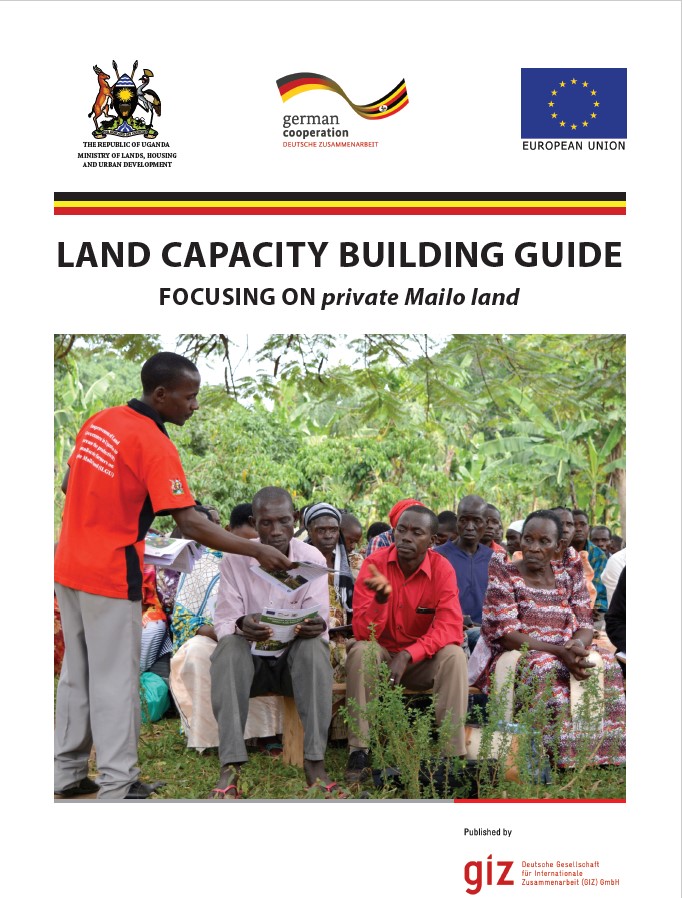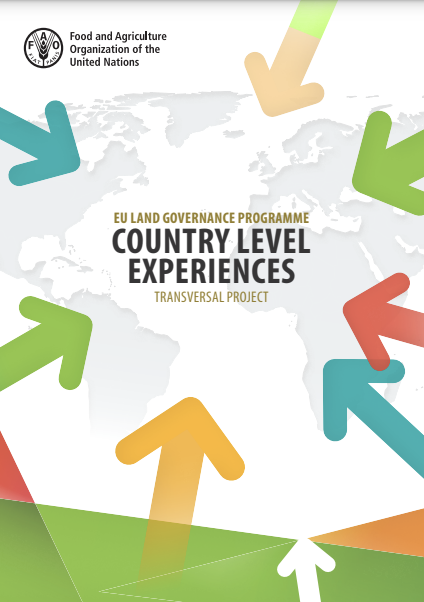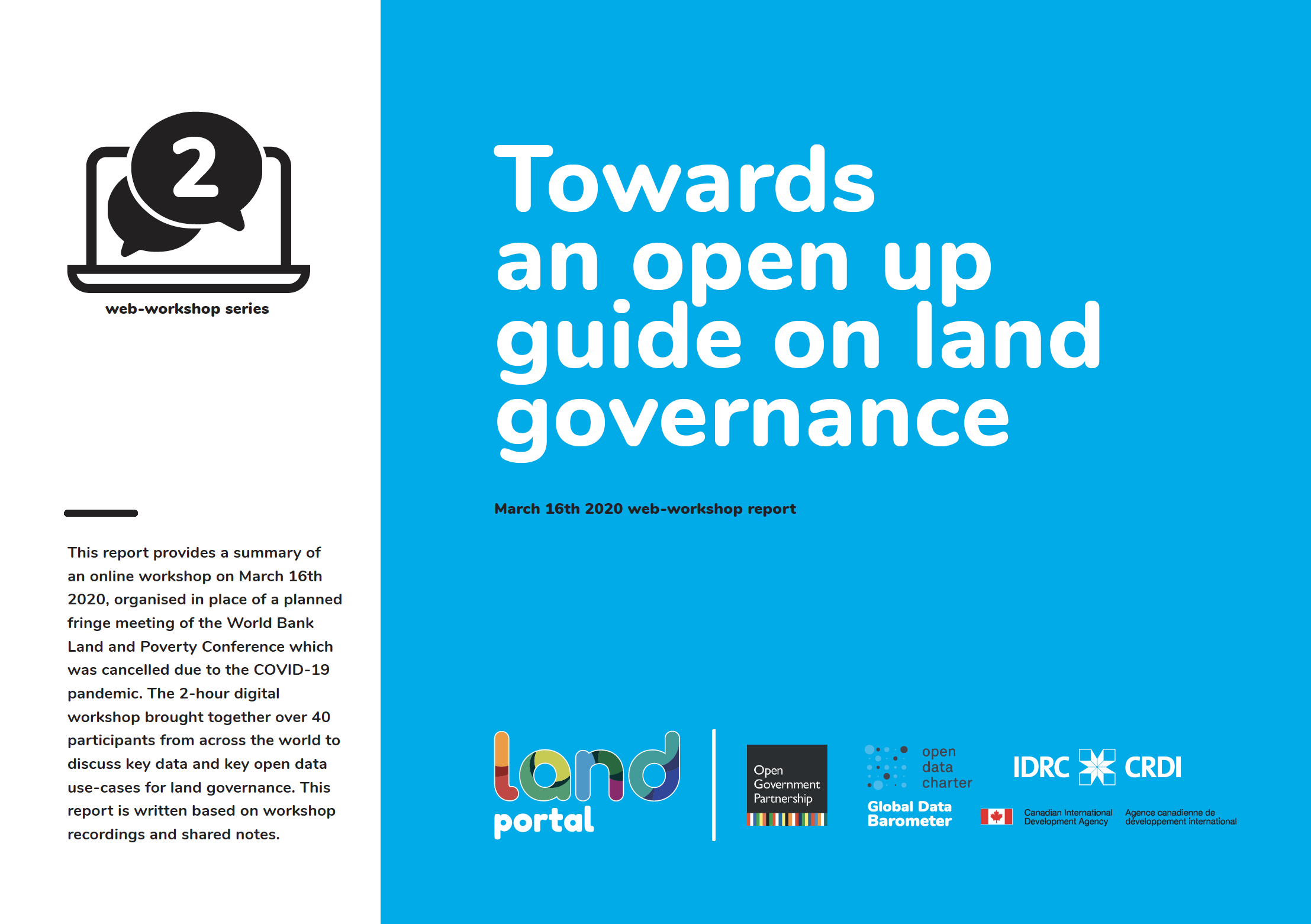The influence of religion and culture on women’s rights to property in Nigeria
The paper seeks to establish the role of religion and culture in the realization of women’s rights to property in Nigeria. It begins by affirming that protecting women’s rights to property in Nigeria is a fundamental step towards achieving the 5th Sustainable Development Goal of gender equality. The promotion and protection of these rights in any society are determined by several factors such as the customs, prevailing traditions, as well as the religious laws that control behavioral patterns in that society.







